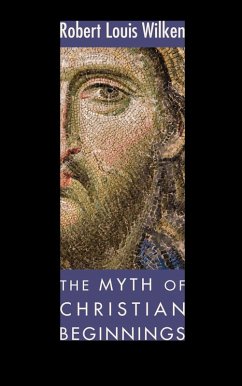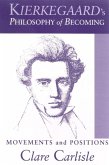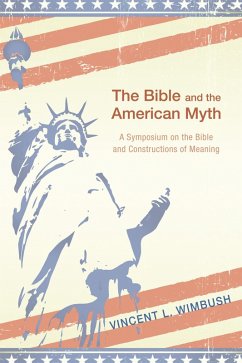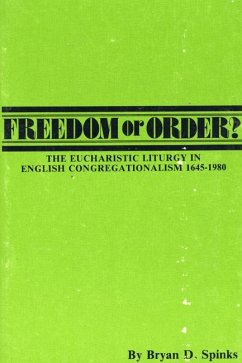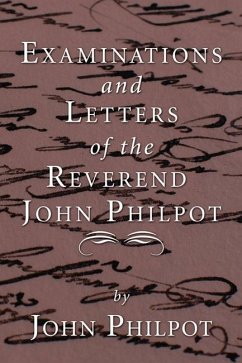Myth is not a remote subject, restricted to the limited intellect of "pre-logical" man. The question "What is man?" is an ancient one. It is also a recent one, still unanswered in the impasse of our sciences. Wherever and whenever human beings are alive, there are creators of myth among them. Kees Bolle singles out one group as having the most significant "say" in the formation of myths: the mystics, who epitomize the common urge for a simplicity beyond the whirlpool of personal existences. And, surprisingly, the author finds that the study of humor provides a great deal of insight into the study of religious traditions.
Dieser Download kann aus rechtlichen Gründen nur mit Rechnungsadresse in A, D ausgeliefert werden.



